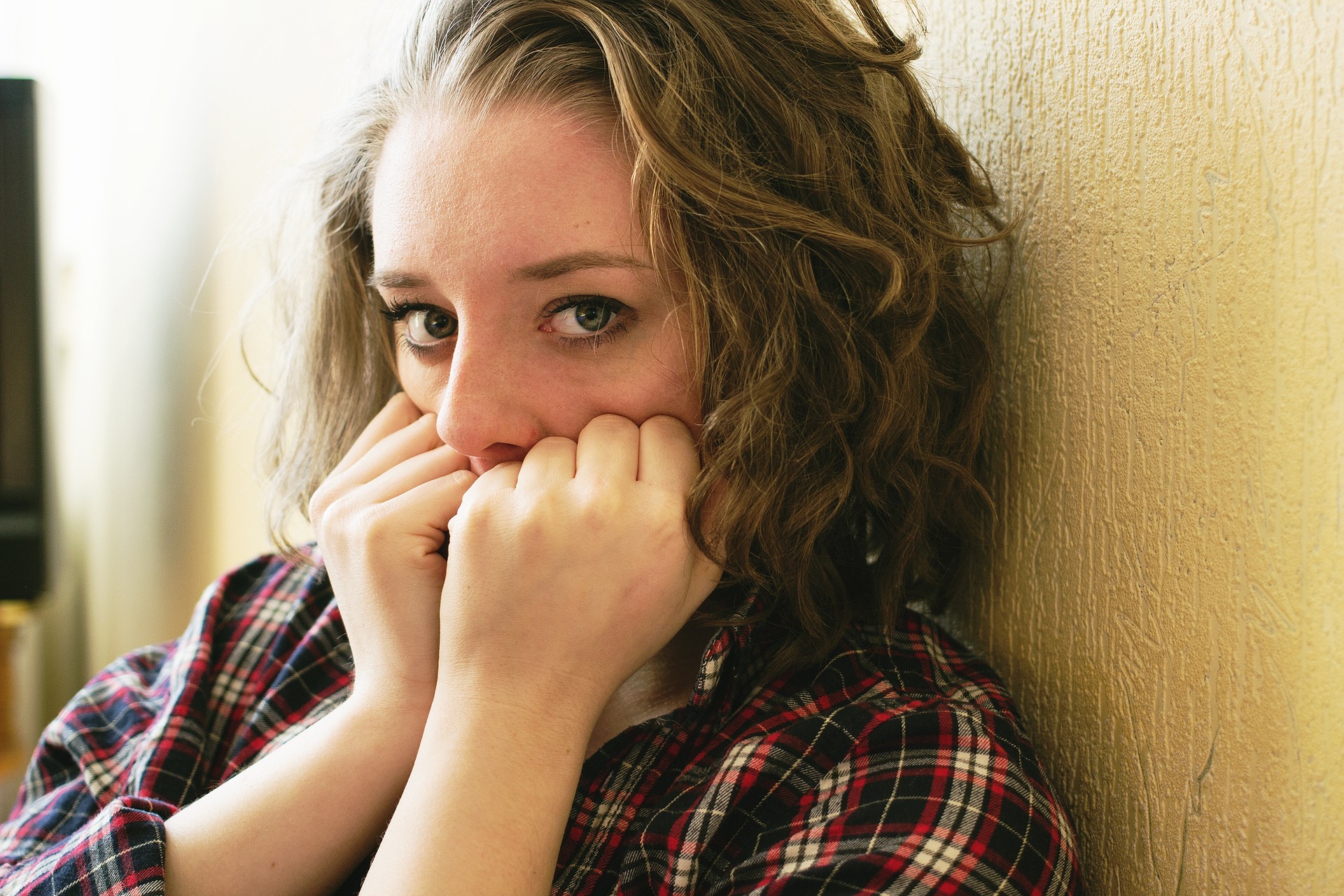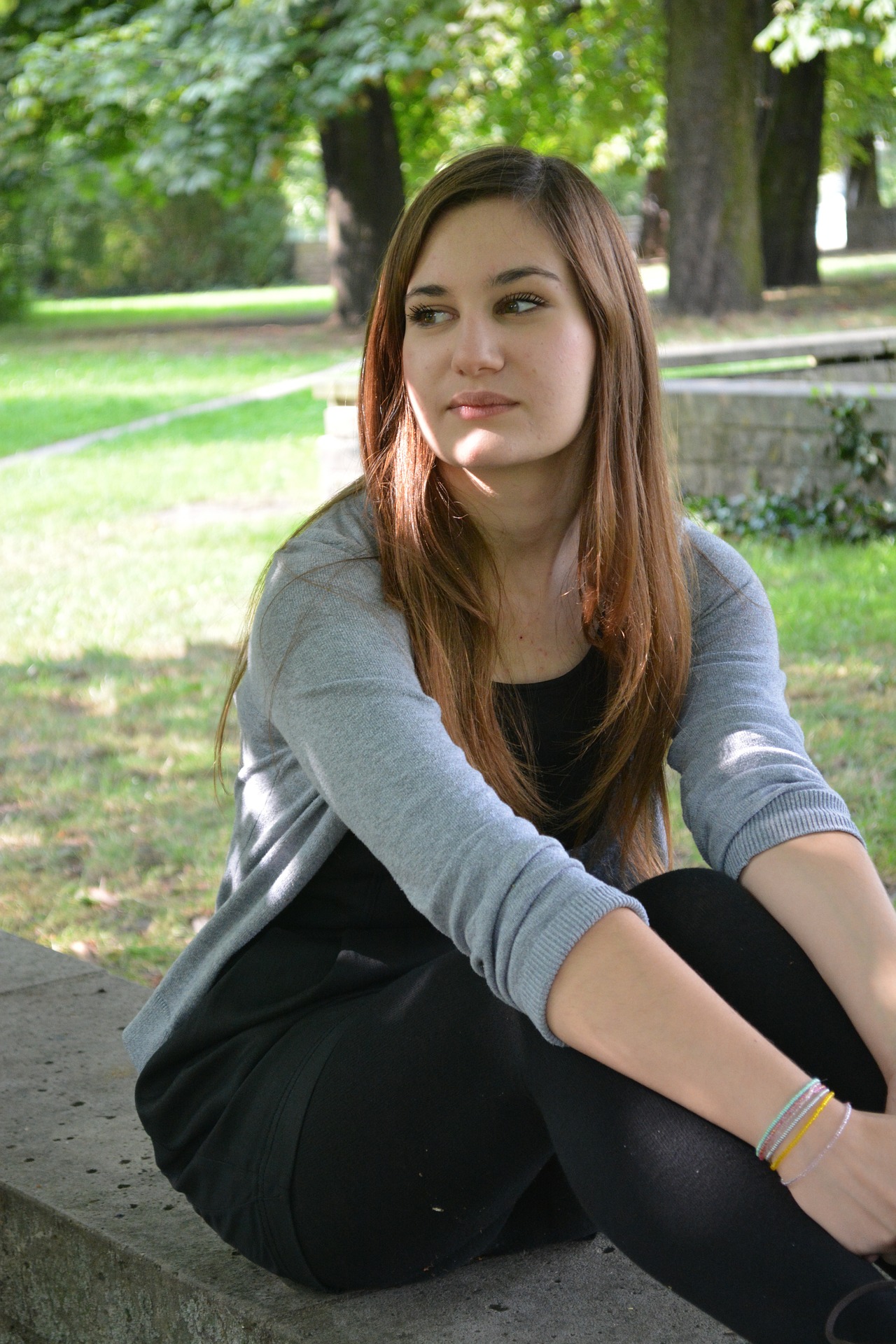Get Help With Alcohol Addiction
- Find meetings near you
- Discover online or in person meetings
- Get 24 hour information on addiction
Alcohol induced anxiety is a real issue, and it can become serious. It is important that someone suffering from this disorder is able to get the help they need. If you are a heavy drinker who is looking for help putting an end to your substance abuse and its side effects, call
800-948-8417
Who Answers?
now; we will match you with a rehab center that can treat all of your symptoms.
Alcohol and Anxiety
While most people experience this emotion infrequently throughout their lives, others live with anxiety disorders that cause them to feel uncomfortable, worried, and afraid a lot of the time. As a result, many people start drinking in order to self-medicate issues with anxiety. However, drinking heavily can also cause this issue.
How Does Alcohol Induced Anxiety Occur?

Panic attacks can occur due to alcohol induced anxiety.
This disorder can occur for a number of reasons and in a number of ways. According to the National Library of Medicine, withdrawal from alcohol can bring on anxiety. People are very likely to become anxious when they are dependent on alcohol and are suddenly no longer drinking. While this is sometimes done by choice, certain individuals will become agitated even if they have not chosen to stop drinking but just because they haven’t had a drink yet in the day.
Additionally, a person may start to become very worried and upset while they are drinking. Alcohol is a depressant, and while it starts off making a person feel numb and happy, they will often eventually come into contact with its depressive effects sooner or later. Usually, this can lead to sadness and worry.
Even those individuals who start drinking to curb the effects of an anxiety disorder are likely to experience alcohol induced anxiety, perhaps even more likely. According to the Primary Care Companion to the Journal of Clinical Psychiatry, “Panic attacks may be related to drinking aimed principally at reducing anxiety states and aversive bodily sensations.” As such, a person who drinks heavily to minimize their anxiety may be even more likely to experience more severe, negative effects, such as panic attacks.
How Is This Disorder Treated?
Often, the best way for many people to be treated for alcohol induced anxiety is to seek help for substance abuse in a rehab center. These facilities can not only help someone stop drinking altogether if necessary (and learn to control their drinking if not), but they also need to be able to treat comorbid disorders simultaneously with substance abuse. According to the National Institute on Drug Abuse, a rehab program must be able to evaluate and treat both issues so that one does not undermine the progress of the other.
Usually, patients suffering from substance abuse and anxiety disorders are given a number of treatment options that, together, help minimize both issues and allow the individual to gain back control of their life.
- Cognitive-behavioral therapy is one of the best ways to treat both a substance use disorder and a mental disorder simultaneously. This program helps patients
- Understand the reasons why they started abusing dangerous substances like alcohol in the first place
- Learn to recognize and avoid their triggers
- Learn to cope with stress and cravings
- Practice better life skills that can allow them to live a happier, more beneficial life
- Medications sometimes need to be given to those who suffer from both these disorders. For example, a person may need to take one medicine that minimizes cravings for alcohol and another that minimizes the symptoms of anxiety. The doctor prescribing these drugs will need to ensure that they will not interact poorly with one another, and the patient will need to take them exactly as prescribed. Many anti-anxiety medications can be taken with alcohol medication, but not with alcohol. For example, benzodiazepines and antihistamines interact with alcohol.
- Patients can also practice yoga, meditation, or another type of stress-relieving activity that has been found to be helpful in reducing anxiety. In addition, these programs have been found to be effective at treating addiction as well.
When a person stops or cuts back on their drinking, they can usually see the issues of the alcohol induced anxiety they were experiencing begin to subside. However, it is important to seek safe, professional treatment for this outcome, especially if you are suffering from both disorders at once.
Do You Need Help Finding Alcohol Rehab?
Call
800-948-8417
Who Answers?
today. We will help you find the best program for your needs and ensure that your treatment involves not only help for substance abuse but also for anxiety issues.
